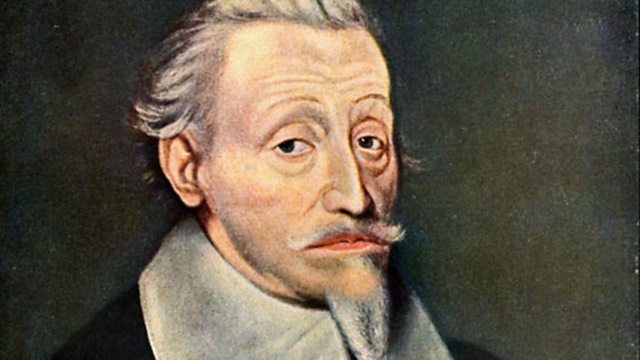Introduction:
Heinrich Schütz, a renowned German composer of the 17th century, remains a profound influence on classical music even centuries after his time. Revered as the “father of German music,” Schütz’s innovative compositions have left an indelible mark on the world of music. In this blog, we explore ten of his best compositions that showcase his mastery of emotion, harmony, and sacred expression.
- “Musikalische Exequien” (Op. 7): A monumental work for its time, “Musikalische Exequien” is a funeral mass that eloquently combines vocal and instrumental elements. Composed in 1636, this piece was dedicated to the funeral of Heinrich Posthumus Reuß, Schütz’s long-time patron. Its poignant harmonies and expressive melodies transport listeners to a realm of spiritual contemplation.
- “Kleine geistliche Konzerte” (Op. 8): A collection of sacred concertos, “Kleine geistliche Konzerte,” is a true gem of the Baroque era. Published in 1636, it features a diverse range of emotions, from profound sorrow to soaring jubilation. Schütz’s brilliant use of vocal and instrumental colors adds depth to the sacred texts, creating a sublime and spiritually uplifting experience.
- “Weihnachtshistorie” (Christmas Story): Composed in 1664, this biblical narrative presents the story of Christ’s birth through dramatic recitatives and lively choruses. The work captures the essence of the Christmas spirit, immersing listeners in the unfolding of this timeless tale with evocative music that celebrates the joyous event.
- “Symphoniae sacrae I” (Op. 6): Released in 1629, this collection of sacred concertos showcases Schütz’s revolutionary approach to vocal writing. These works are characterized by expressive dissonances and daring harmonies that reflect Schütz’s bold musical vision, making it a captivating listening experience.
- “Psalm 119: Aleph et Beth” (SWV 112-113): This masterful setting of selected verses from Psalm 119 highlights Schütz’s ability to convey deep spiritual messages through music. Composed in 1613, the motet seamlessly weaves together vocal lines and expressive counterpoint, illustrating Schütz’s exceptional skill in capturing the essence of the sacred texts.
- “Symphoniae sacrae II” (Op. 10): Published in 1647, this collection builds on the innovations of its predecessor, pushing the boundaries of sacred music even further. From intimate settings to grand choral works, Schütz’s imaginative compositions continue to inspire musicians and listeners alike.
- “St. Matthew Passion” (SWV 479): An early composition from 1619, this musical rendition of the Passion narrative reflects Schütz’s profound understanding of biblical texts. The vivid storytelling and emotional depth embedded within the music make it an enduring masterpiece of sacred choral literature.
- “Historia der Auferstehung Jesu Christi” (Resurrection Story): Composed around 1623, this Easter narrative brings the biblical story of Christ’s resurrection to life. Schütz’s gift for word painting and his ability to create striking musical imagery is evident throughout this compelling work.
- “Symphoniae sacrae III” (Op. 12): The final installment of the “Symphoniae sacrae” trilogy, published in 1650, showcases Schütz’s mature style. Filled with deeply introspective and introspective pieces, this collection stands as a testament to the composer’s lifelong commitment to sacred music.
- “Psalmen Davids” (Psalms of David) (SWV 22-47): A crowning achievement of Schütz’s prolific career, “Psalmen Davids” comprises a series of psalm settings that embody the essence of Baroque sacred music. This monumental work showcases Schütz’s exceptional ability to craft intricate vocal textures while conveying a profound sense of devotion.
Conclusion:
Heinrich Schütz’s music continues to inspire and captivate audiences, reflecting the richness of his emotions and the brilliance of his harmonic language. These ten compositions stand as timeless treasures, testifying to the enduring legacy of this visionary composer who shaped the course of music history. To explore the world of Schütz’s compositions is to embark on a journey of spiritual depth and artistic enlightenment.


Comments are closed